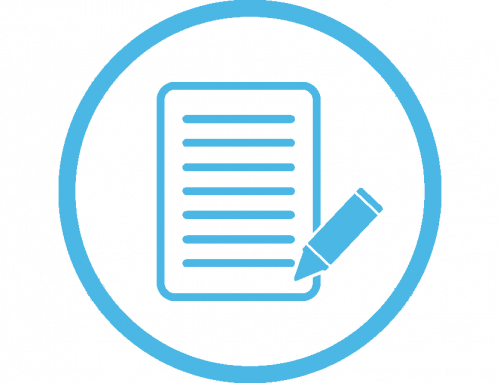Our CS-AWARE project is an Innovation Action. So not a Research Action. This means that we build on existing technologies that will be integrated to offer an innovative solution deployed in a real world setting. That said, this does not mean at all that the challenges of such a project are smaller or fewer than the ones faced in a Research Action. In fact, one can see that the challenges and the risks are more. I shall try to explain some of the reasons – the readers can come up with their own lists and we would be happy to receive feedback and input – the project is funded by a public entity, namely the European Commission, and we are eager to take into account views that might help us increase the impact of CS-AWARE and make it a lighthouse project not only in the technology side, but in how it addresses real world problems of local public administrations.
First of all, one may easily see that an idiosyncracy of local public administrations all over Europe, so not only in the participating pilot countries in Italy and Greece, are the relatively limited access to resources; and namely resources of all three ‘established’ types:
- Financial resources. This is not a ‘new’ or a ‘novel’ problem for local administrations that have continuously to struggle with cutting budgets and needing to – literally, sometimes – ‘work miracles’ to ‘feed the multitude’.
- Technology resources. It is for this ‘front’ that we have set up our consortium and have the partners who are acting as technology providers within the CS-AWARE project context.
- Human resources. Usually local public administrations lack on human resources – and the resources they have lack on specialized skills. While a central government organization or authority ‘affords’ to have an expert on cybersecurity or even a team or a department, a local public administration cannot afford such a luxury.
One may always see that an investment here might pay off – but who would take the risk of such a decision when there are other areas that demand attention and personnel? Protecting a local public administration from cyberthreats might seem to the eyes of the people that work for the local public administration like building nuclear war shelters in Yemen or in Afghanistan: people there have other, more pressing needs than protecting themselves from the potentiality of a nuclear war.
The above argumentation line seems but is, as you may also hopefully see, rather populistic: all information and data infrastructures residing at a local public administration are part of its wealth. They have been paid by the tax payers’ money. They are part of the commons (and unfortunately, at some extend, also subject to the tragedy of commons). They constitute an important and critical intangible asset not only of the local public administration but also of the citizens that are comprising the community that is associated to this particular local public administration.
It would constitute a failure from the side of the society and ourselves as its members to assign a lower priority to something that might become – with an increasing rate – a routine issue in the near future. But this is also the wish of our consortium that besides the two pilots in Italy and Greece, we shall use the project to help come up with ‘new entrant’ pilots and test our solution, not only at the municipalities of Rome and Larissa, but also to other municipalities, outside Greece and Italy, thus helping increase the exploitation potential. This brings us to the invisible resource that we usually tend to forget and this relates to:
- Knowledge and know-how resources. Know-how is a term we associate mainly to practical knowledge, e.g. on how to accomplish something and is often regarded as tacit knowledge, which means that it is difficult to transfer to another person by means of writing it. Whatever amounts of high quality documentation we may produce within the CS-AWARE project lifetime, it might still be difficult to have our solution adopted by other municipalities in Italy, Greece or other EU member countries if people will not be exposed to a hands-on training and capacity building and create their own experiences by using the CS-AWARE system and methodologies. So explicit knowledge in the form of scientific papers and publications or project reports and deliverables is, of course, good to have but will not make the difference in bringing the results to a large number of local public administrations.
It is for this reason that the offering of the necessary means to help transfer the know-how created within the CS-AWARE project is the main way to increase the residual value of the project and have a real and – most importantly – a lasting impact.
Adamantios Koumpis
University of Passau

